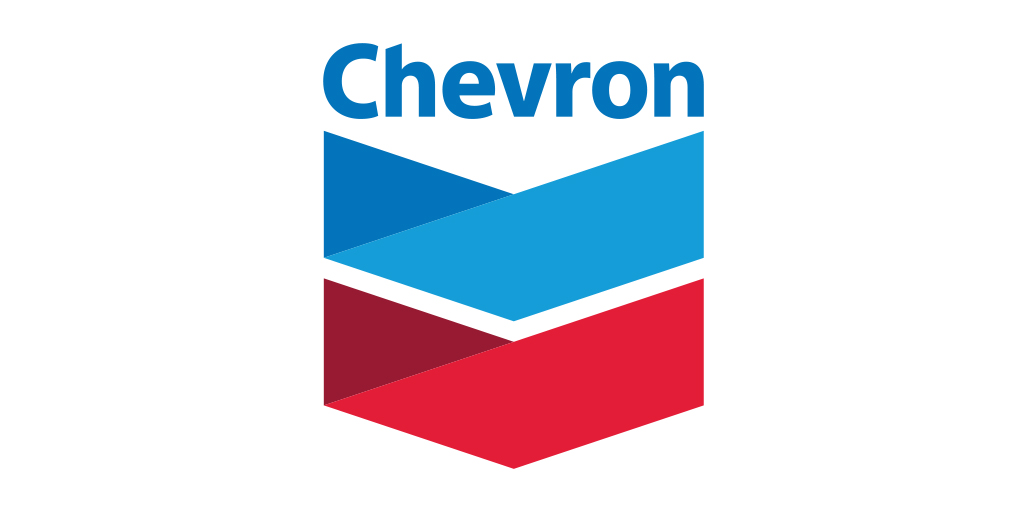Though there has been pockets of pronouncements that Nigeria is on way out of recession, there are, however, indications that the much anticipated recovery may be hindered by a combination government’s decision on fuel price and electricity tariff amongst other factors.
Already, analysts at FSDH Merchant Bank had expressed this fear in their monthly economic and financial market outlook for May titled, ‘Nigerian Economy Gathers More Momentum’.
Energy industry observers are worried that the current model whereby only the Nigerian National Petroleum Corporation (NNPC) is now the sole importer of petroleum products may not be sustainable at the long run, meaning that when the bubble will burst, the impacts may crash gains so far made in recovery.
Besides, the age-long desire of Power Discos to hike tariffs may get to a level of breaking limits and put the economy at dagger point.
However, the FSDH report also fingered global oil price as another determinant if it suddenly go down at any point this year.
The Bonny Light oil price has dropped below $50 per barrel.
Year-on-year, the Food Price Index (FPI) increased by 18.44 percent in March 2017, from 18.53 percent in February 2017. The FPI was driven by higher prices of bread; cereals; meat; fish; potatoes; yams and other tubers; and wine. The Core Index increased by 15.40 percent in March 2017, lower than 16 percent recorded in February 2017.
In March 2017, the largest increase in the Core Index was recorded in the electricity; solid fuels; clothing and other articles of clothing; liquid fuel; spirits; and fuels and lubricants for personal transport equipment.
“Although we expect the inflation rate to trend downward, the level of drop will depend on Federal Government’s decision on fuel price and electricity tariff. We estimate that the inflation rate would be at 17.11 percent in April 2017. This may impact the yields on the fixed income securities”, the analysts said.
The 30-day movement average of the external reserves increased by 1.85 percent to $30.86 billion as at end-April 2017 from $30.30 billion at end-March 2017. The average external reserves stood at $30.54 billion in April 2017, from $30.17 billion in March 2017.
The Merchant Bank said “We note that the current Bonny Light oil price has dropped below $50 per barrel and could threaten the sustainability of the accretion to the external reserves. However, the fact that crude oil production remains strong in Nigeria should make up for the drop in the oil price in the short-term. The increase in the external reserves led to an appreciation in the average foreign exchange rate at the parallel market”.
Data from Reuters, say the Bonny Light crude oil price decreased by 2.94 percent to US$51.16/b as at April 28, 2017 from end-March 2017.
The average price of Bonny Light was US$52.75/b in April 2017, an increase of 1.05 percent from the average price of US$52.20/b recorded in March 2017. According to the U.S Energy Information Administration (EIA), the Brent crude oil price should average US$54/b in 2017 and US$57/b in 2018.









